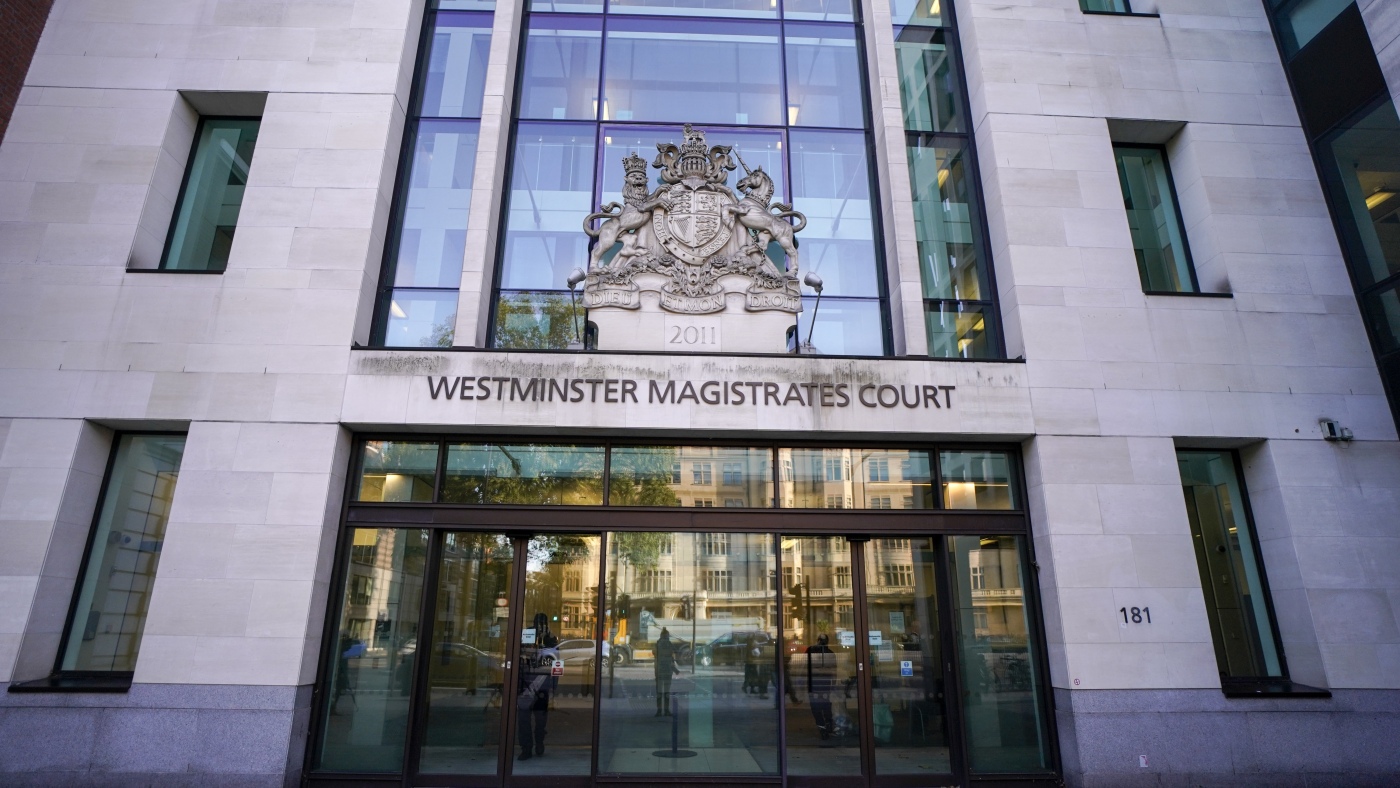The Unseen Battle: Cyber Espionage Against Climate Activists
Introduction
In an age where digital footprints are as significant as physical ones, the recent indictment of Amit Forlit—an Israeli private investigator—has exposed a chilling reality: climate activists are being systematically targeted through sophisticated cyber espionage. This case isn’t just about hacking; it’s a stark reminder of how power structures weaponize technology to silence dissent. The Justice Department’s charges reveal a calculated effort to undermine environmental advocacy, raising urgent questions about privacy, activism, and corporate interference in democratic processes.
The Anatomy of the Attack
Who Is Amit Forlit?
Amit Forlit, now facing charges of conspiracy to commit computer hacking, allegedly orchestrated a campaign targeting American climate activists. His background in private investigation suggests ties to entities willing to pay for covert surveillance. The indictment paints him as a key player in a broader network that exploits digital vulnerabilities to monitor and intimidate critics of industries like fossil fuels.
The Targets: Why Climate Activists?
Climate activists operate at the intersection of science, policy, and public mobilization. Their work—organizing protests, lobbying for green legislation, and leveraging social media—poses a direct threat to industries reliant on environmental deregulation. By hacking into their devices and accounts, perpetrators gain access to sensitive data: strategic plans, donor lists, and private communications. The goal? To preemptively dismantle movements before they gain traction.
The Hacking Playbook
Forlit’s methods reportedly included:
– Phishing Attacks: Fake emails mimicking trusted sources to steal login credentials.
– Zero-Day Exploits: Leveraging unpatched software vulnerabilities to infiltrate devices.
– Malware Deployment: Spyware like Pegasus, which can turn smartphones into surveillance tools.
These techniques aren’t just invasive; they’re designed to leave no trace, making attribution difficult.
The Bigger Picture: A Global Trend
Corporate Backing?
While the Justice Department hasn’t named Forlit’s clients, parallels exist globally. In 2020, Amazon executives allegedly spied on labor activists. In 2021, journalists revealed oil giants hiring firms to monitor environmental groups. The Forlit case fits a pattern: well-funded entities outsourcing espionage to sidestep accountability.
The Legal Gray Zone
Private investigators often operate in shadows, exploiting loopholes. Forlit’s charges signal a rare crackdown, but many similar actors remain shielded by jurisdictional complexities and weak cyber laws. Without stricter regulations, hacking-for-hire will persist as a corporate weapon.
Consequences for Democracy
Chilling Effect on Activism
When activists know they’re being watched, self-censorship follows. A 2022 report by Front Line Defenders found that 40% of environmental activists faced digital surveillance. The psychological toll—paranoia, burnout—can cripple movements before they even mobilize.
Erosion of Public Trust
If citizens perceive activism as inherently risky, civic engagement declines. This isn’t just about climate advocacy; it’s about safeguarding the right to dissent. When hackers become the invisible hand of repression, democracy itself is compromised.
Fighting Back: Solutions and Safeguards
For Activists: Digital Hygiene
– Encrypted Tools: Signal for messaging, ProtonMail for emails.
– Two-Factor Authentication: A simple but critical layer of defense.
– Regular Audits: Checking devices for spyware with tools like Mobile Verification Toolkit.
Systemic Reforms
– Legislation: Laws like the EU’s GDPR must be expanded to penalize hacking-for-hire.
– Transparency: Mandating disclosure of corporate surveillance contracts.
– Whistleblower Protections: Encouraging insiders to expose unethical espionage.
Conclusion: A Line in the Sand
The Forlit case isn’t an anomaly—it’s a warning. As climate crises escalate, so will efforts to silence those demanding change. But this is also a moment of reckoning. By exposing these tactics, supporting legal action, and fortifying digital defenses, we can push back against the shadowy alliances between corporations and cyber mercenaries. The fight for the planet isn’t just in the streets; it’s in the code, the courts, and the collective refusal to let surveillance be the price of advocacy.
The choice is clear: secure the digital front, or risk losing the battle before it’s even fought.











